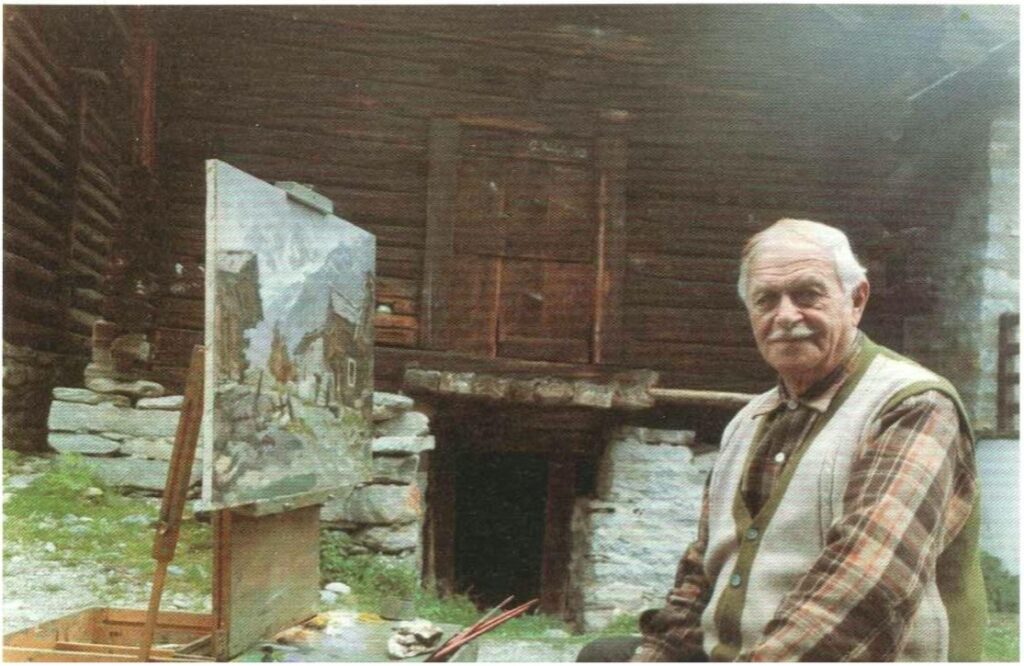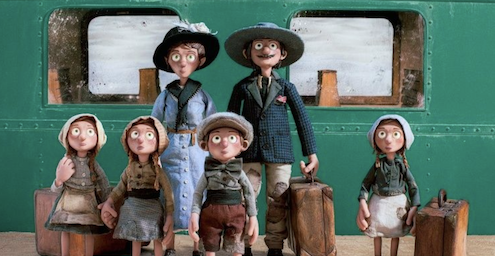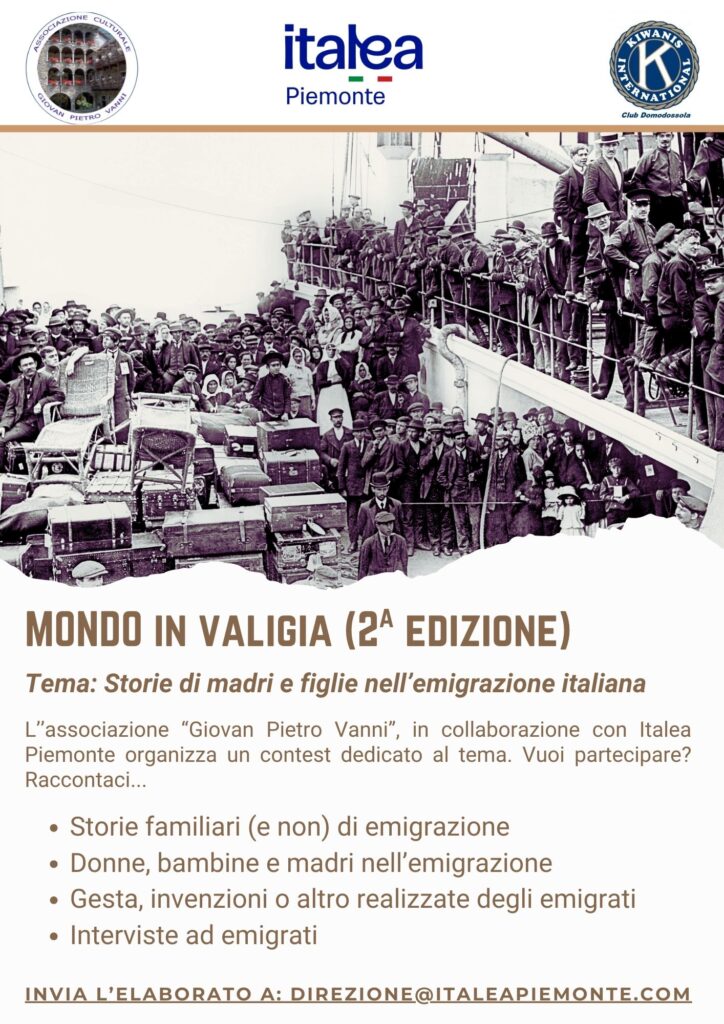Corriere della Sera, Turin edition
from an article by Paolo Coccorese
March 6, 2024
The linguists Eugenio Goria and Fabio Gasparini of the University of Turin have dedicated a research work to the Piedmontese-American language.
A field research, carried out by traveling hundreds of kilometers in the pampas between Córdoba and Santa Fe and interviewing many descendants of those 300 thousand Piedmontese who landed in southern Argentina after 1875.
Stopping in the many Piedmontese cultural circles, including those of towns such as Rio Tercero, San Francisco, Justiniano Posse, General Cabrera and Paraná, the researchers encountered the “piemonteis ‘merican”, a “contact” language born from the rustic dialect used by peasants, often illiterate, who left, until the outbreak of the First World War, from the north of Turin and the southern part of Granda. Pinerolo, Savigliano, Fossano, Cumiana are the villages featured in the biographies of the heirs of the “gringo”, that is, the “rough of the countryside”, as the Italians were called who were excluded because they did not know Spanish.
“Just as the Brazilians, who live near the Argentine border, speak Portuñol, Portuguese-Spanish, here we use Piemonteis ‘merican’ which mixes the words of the dialect with those of Castilian and vice versa […] We didn’t have any studies, but only some traces of this strange dialect, rich in Castilian words and Spanish grammatical constructions, used by the descendants of immigrants at the end of the nineteenth century,” explains Goria.
With schooling and integration, many gave up the dialect, which survived thanks to families, songs and associations. But turning into something mestizo and new. Piedmontese-American, in fact, is made up of Spanish words pronounced in the Piedmontese way. Mate becomes the “mato”, the chacarero, the farmer, the “chacaré”. Mix with the original vocabulary. Some have become commonplace. “Like ‘magun’, a Piedmontese word that expresses the sadness of uprooting, also used by Spanish speakers,” says Goria, referring to the feeling that the Portuguese call saudade.
“A dynamic of loss and recovery has emerged, possible thanks to the activities of the many clubs also frequented by young people who dream of Europe, typical of other languages such as Arabic, Russian, Chinese for the second generations of foreigners in Italy.”




